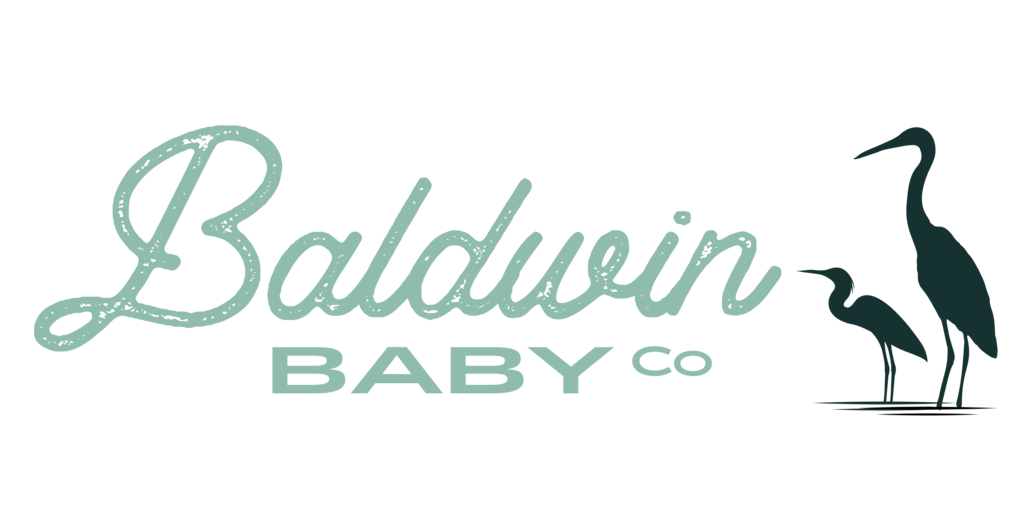Pregnancy & Postpartum
Pregnancy and the first months after birth blend joy, change, and a thousand tiny decisions. From the earliest pregnancy symptoms and prenatal vitamins to kick counts, Braxton Hicks vs. real contractions, and packing a hospital bag, this journey asks for clear, evidence-based guidance you can actually use. Think practical help for each trimester—managing morning sickness naturally, safe medications in pregnancy, healthy weight gain, nutrition and exercise, travel and sleep tips—plus real talk on labor and delivery choices like birth plans, epidurals, midwives and doulas, induction, and C-section recovery.
After baby arrives, the focus shifts to postpartum recovery and newborn care: what normal bleeding (lochia) looks like, pelvic-floor healing, perineal care, incision care after a C-section, night sweats, hair loss, and when to call your provider. Feeding support sits front and center—skin-to-skin, latch troubleshooting, low milk supply strategies, pumping and milk storage, combination feeding, and formula basics—alongside newborn sleep foundations and soothing.
Emotional health matters just as much. You’ll find language for baby blues vs. postpartum depression and postpartum anxiety, how to ask for help, and simple tools for mental well-being when you’re short on time and sleep. Planning ahead ties it all together: choosing a pediatrician, installing the car seat, prepping a baby registry with true essentials, arranging childcare for older siblings, and setting up your home for those first weeks.
The goal is confidence—knowing what’s normal, what’s not, and how to care for yourself while caring for your baby. With compassionate, medically aligned guidance, you’ll be ready for the milestones, the curveballs, and everything in between.










